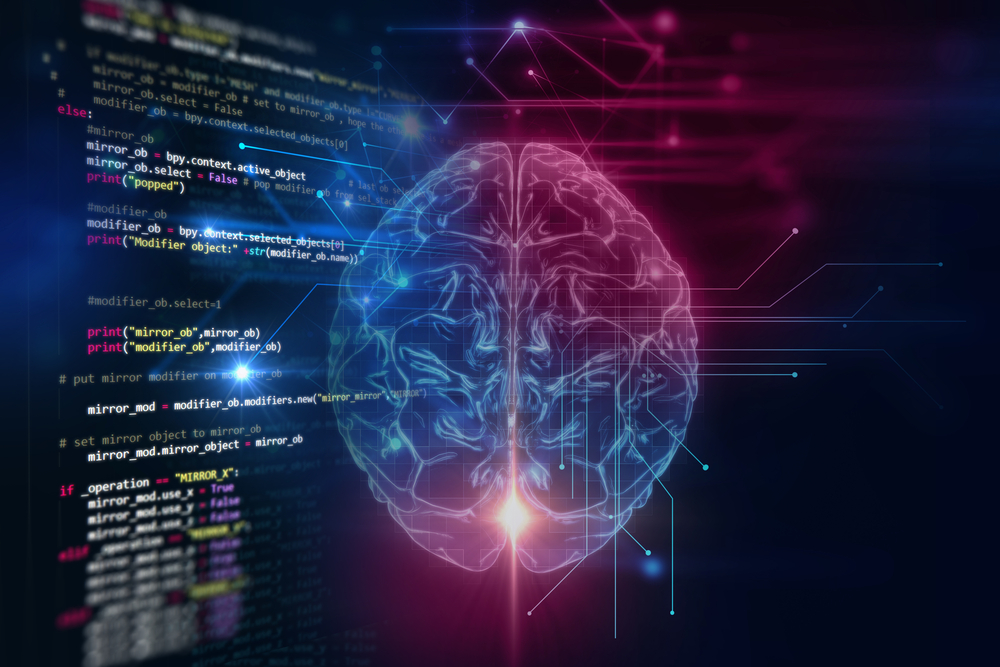Whenever Elon Musk comes up with a new idea, the world usually becomes a lot quieter. Although some of his ideas seem outlandish, they may very well be realized at one point. One of his new ideas focuses on Neuralink. This concept has been met with a lot of criticism, primarily because it revolves around implanting chips in the human brain.
The Neuralink Vision is Double-Sided
Merging technology and the human body has always been a controversial topic. Although biohacking seems to be gaining in popularity, it remains a concept most people are uncomfortable with. Implanting chips or tags in the human body is still a very niche science, although it can lead to some amazing breakthroughs. Elon Musk appears to be a fan of this concept as well. His Neuralink project seems to confirm as much, although there are still a lot of unknown aspects.
To put Neuralink in perspective, Musk describes it as a way to “save the human race”. A very bold claim, as it would seem the human race doesn’t necessarily need saving right now. Despite the threat of climate change and political and financial tension around the world, our species wouldn’t necessarily be in any immediate danger. At the same time, that situation can change at any given time. Being prepared for the worst case scenario is never a measure to be overlooked.
Neuralink would serve as a viable solution in this regard. The main goal is to implant a chip in everybody’s skull. On this chip is all of the intelligence and information one needs to transcend the boundaries of our biological forms. To put it more bluntly, Elon Musk wants to embed artificial intelligence into the human bodies of everyone on the planet. A rather scary thought, albeit one that can be quite interesting in its own way.
For Musk, there is no other alternative on the table to save the human race. Regardless of ethical questions surrounding this vision, he isn’t bothered by any doubters. In fact, he remains as pro-humanity as one can be, despite his faith in humanity waning ever so slightly in the past twelve months. It is safe to assume a fair few people are losing faith in humanity, but that is a different discussion for another time.
It has always been somewhat intriguing to determine the actual boundaries of the human brain and body. Exploring the far outreaches of what might be possible is always a promising and worthwhile approach. Neuralink has been working on this particular aspect for some time now. In fact, the company has – allegedly – solved afflictions and ailments including dementia and paralysis. A very bold claim, although the use of an electrode-to-neuron interface could potentially unlock such breakthroughs in the future.
The main question is whether or not Neuralink can succeed. It would make humans smarter, as Elon Musk compared it to using a smartphone or computer as a natural extension of the human brain. There is an argument to be made there, although it isn’t necessarily one most will agree with. For now, it seems unlikely any chips will be implemented in human skills. One can never discount the possibility this approach may become mainstream in the future, though.

